Performing Arts
Ida Kaminska
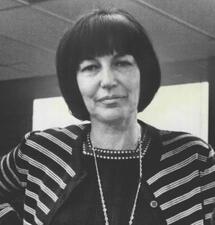
Fay Kanin
Over a sixty-year career as a writer, actor, co-producer, and activist, Fay Kanin was awarded several Emmys and Peabodys, the ACLU Bill of Rights Award, the Crystal Award from Women in Film, the Burning Bush Award from the University of Judaism, and nominations for Oscar and Tony awards. She was the second female president of the Academy of Motion Picture Arts and Sciences.
Regina Kaplan
Regina “Kappy” Kaplan was nurse, teacher, hospital administrator, and health care innovator. Most notably, Kaplan helped break down gender barriers in medicine by creating the first nursing school in the South that admitted male students.
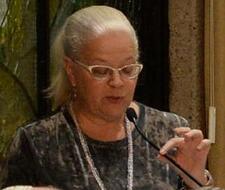
Judith Katzir
Yehudit Katzir (b. 1963) is an Israeli author who emerged as a leading female voice in what had been a male-dominated literary field until the 1980s. Her novels and short stories are noted for their idiosyncratic and lyrical language, as well as their focus on female identity and treatment of taboo themes.
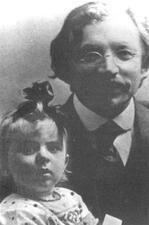
Bel Kaufman
Bel Kaufman was the author of Up the Down Staircase, a novel that gently parodied the public school system in New York City. Published in 1964, the book went on to sell six million copies, spent 64 weeks on the best-seller list, and inspired a film adaptation in 1967 and a popular school play. She was also the granddaughter of Yiddish writer Sholem Aleichem, whose stories formed the musical Fiddler on the Roof.
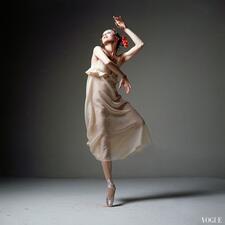
Allegra Kent
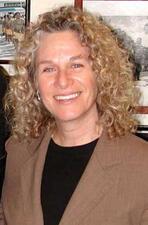
Carole King
Ruth Kisch-Arendt
Ruth Kisch-Arendt, an Orthodox Jew, became one of Germany’s foremost performers of lieder (nineteenth–century allegorical poems set to music)through the intense period of anti-Semitism leading up to the Holocaust. After World War II, Kisch-Arendt used her talents to highlight great Jewish composers.
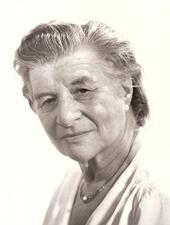
Margot Klausner
Margot Klausner was co-founder and president of Israel’s major film and television studio and co-manager of the Habima Theater. She was an author, film producer, founder of the Israeli Parapsychology Society, publisher of the monthly magazine Mysterious Worlds: A Journal of Parapsychology, and a popular public speaker on theater, film, and the occult in Israel.
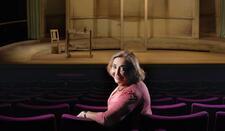
Lia Koenig
Lia Koenig is known as the First Lady of Israeli Yiddish Theater for her complex roles in world drama. After immigrating to Israel from Poland in 1961 with her husband Zevi Stolper, she began her legendary career at the Habimah theater. Koenig was awarded the Israel Prize, the Israel Theater Prize, and the EMET Prize.
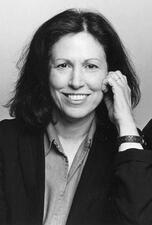
Beryl Korot

Gertrud Kraus

Zoe Kravitz
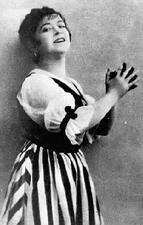
Isa Kremer
Isa Kremer (Belz, Bessarabia, 1887-Córdoba, Argentina, 1956) traveled the world performing art, folk, and classical music. She studied and sang opera in Italy but appeared as an art singer in Odessa, where she was the wife of Israel Heifetz, the editor of The Odessa News. Her great legacy is her Isa Kremer Sings Jewish Life in Song, a book and album of Jewish songs.
Miriam Kressyn
Miriam Kressyn was that rare talent known for both her performances and her work as a historian of the Yiddish theater. Kressyn performed with Julius Nathanson’s, Maurice Schwartz’s, and Aaron Lebedeff’s Yiddish theater troupes and toured Argentina and Europe. For over forty years, she and her husband hosted the radio program Memories of the Yiddish Theater.
Mariana Kroutoiarskaia
Mariana Kroutoiarskaia was a talented Russian composer and music producer who dedicated her entire life to music, film, and television. Kroutoiarskaia worked as a music editor for Russian television, a lecturer, and a composer for many films. She also supervised the arrangement and publication of music for children by various composers.

Ellen Kushner
Ladino (Judeo-Spanish) Theater in the United States
The role of women in the Ladino theater is an eloquent testimony to how they have contributed to their communities, responded to national crises, and lent their energies to the continuation of the Judeo-Spanish cultural and linguistic heritage. Esther Cohen, who wrote and performed plays in Brooklyn in the 1930s, is an exemplary model of women involved in American Judeo-Spanish theater.
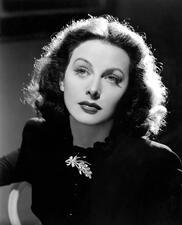
Hedy Lamarr
Austrian film star Hedy Lamarr was best known in her day as an exotic beauty, cast in Hollywood as a foreign temptress. Yet during the war, with composer George Antheil, she invented a system for torpedoing U-Boats that was patented and then forgotten.
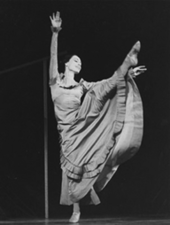
Pearl Lang
Pearl Lang was the first dancer Martha Graham allowed to perform some of Graham’s own roles. She also brought elements of the ecstatic poetry and dance of Jewish traditions to her own praised work.
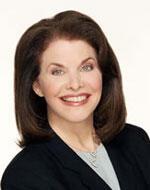
Sherry Lansing
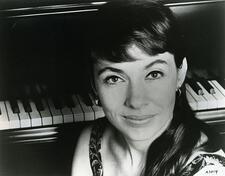
Ruth Laredo
Ruth Meckler Laredo was a phenomenal pianist, known for her renditions of Rachmaninoff’s piano works, her performances of Scriabin’s sonatas, her work as a teacher, and for pioneering the “Concerts with Commentary” event at the Metropolitan Museum of Art. Starting her performance career at age eleven, Laredo was honored as Musician of the Month by High Fidelity/Musical America and was nominated three times for a Grammy Award.
Linda Lavin
A prolific performer on stage and small screen, actor-singer Linda Lavin has been a role model for many of America’s working women. While her Jewish heritage has not always been the focus of her career, she has powerfully portrayed Jewish women whenever the roles have come her way—which they increasingly do.
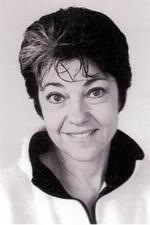
Margaret Lazarus
Elaine Friedman Lebenbom
The first woman composer to earn a degree from the University of Michigan, Elaine Friedman Lebenbom responded to sexism and anti-Semitism by composing works that celebrated Jewish themes and women’s experiences.


